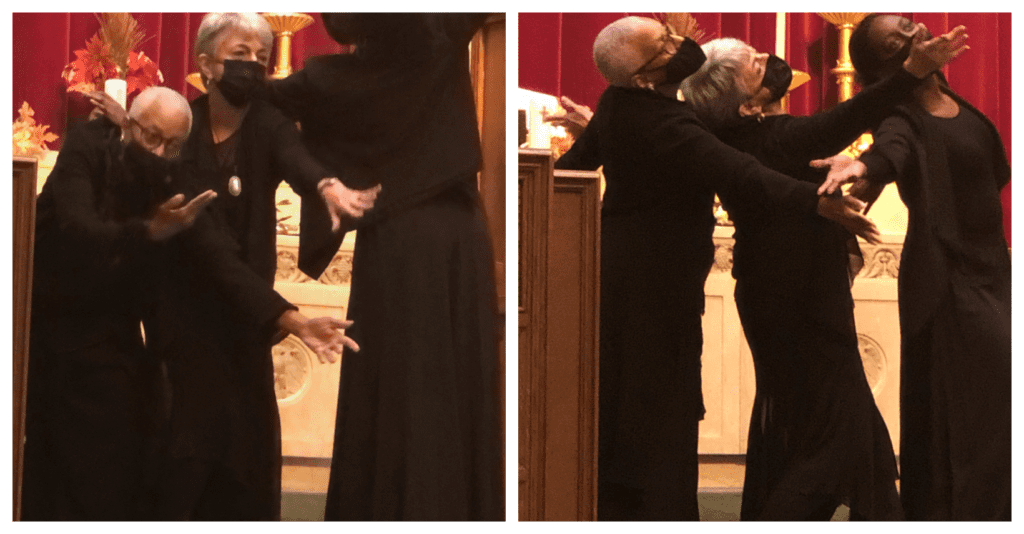
The short story writer and playwright William Soroyan died of cancer in a Veterans’ Hospital at the age of 72. His 1981 obituary in the Washington Post contained a quote from an interview he gave the Associated Press shortly after the onset of his final illness. “Everybody has got to die, but I have always believed an exception would be made in my case. Now what?”
Most of us, if we’re honest with ourselves can identify with the attitude behind Soroyan’s self-deprecating comment. Despite early advice from such masters as Socrates that we “practice dying,” most of us in western culture distract ourselves, through way too busy lives, from the fact of our own inevitable demise. As another writer, Ernest Hemingway put it, “All stories, if continued far enough, end in death and he is no true-storyteller who would keep that from you.”
As I’ve gotten older, the reality of my own death comes into my awareness more frequently, often through mundane activities like my recent attempts to tidy my home. Friends told me of a practice from Sweden called “Death Cleaning,” which gave me the idea. Author Margareta Magnussen, who coined the term, suggests that “Getting rid of items can serve as a reminder that things don’t last forever, including us. Downsizing seems a kind of right sizing to me now as I let go of too much abundance, find places for things I still need, and put those things in their place. I feel lighter with less, and with knowing that when I leave, loved ones will have less mess to contend with.
Yesterday a phone call from my brother in New Mexico brought both our mortalities to light. He was in an intensive care room after a medical incident he thought had been taken care. He’d been ready to go home but now he’s under observation as he takes a medicine the doctors think he needs. Sure put our focus on the present moment. We talk about not wanting another family funeral so soon after our sister’s last month. I promise to call our youngest sister, the best prayer in our bunch and she tells God, while I’m on the phone with her that, “even though Miles can be extremely aggravating, we’d like to have him stay around awhile longer, if it be your will.”
Buddhists see staying aware of our impermanence as a way to appreciate life more fully. We might not spend time on things that don’t matter and might have more gratitude for what does come our way. I remember reading somewhere that the Dali Lama sets an alarm, (might be once an hour), to remind him to stop and contemplate his own death. At first, I thought this might be a rather morbid practice, but then I learned of a Bhutanese folk saying, “in order to be a happy person one must contemplate death five times a day.” Amazing as it sounds, there is an app for that. Hansa Bergwall, a Buddhist and marketing expert created the WeCroak smart phone app which sends quotes randomly as reminders and encouragement to live more mindfully. Bergwall sees “death contemplation” as the next step in practicing mindfulness, and thousands of subscribers like me are giving it a try. If you decide to join us, let me know how it works out for you. https://www.wecroak.com/

